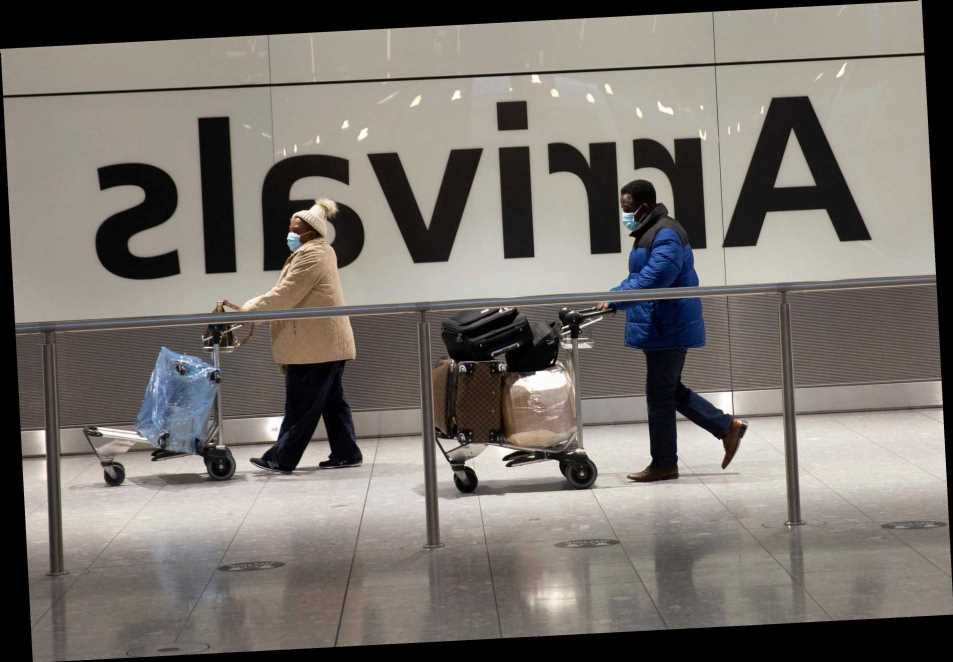ALL UK arrivals are expected to face a mandatory hotel quarantine, with the new rules to be announced by the government later today.
Here is everything you need to know about the new restrictions, and who this will affect.
How will the quarantine hotels work?
This depends on how the new scheme is introduced to UK arrivals.
One way in which quarantine hotels will work will be a blanket ban, which will mean all arrivals, no matter what country they arrive from, will be forced to isolate at them.
Home Secretary Priti Patel and Health Secretary Matt Hancock are backing the restrictions which would mean all arrivals are forced to quarantine at the approved accommodation instead of at their own homes.
However, other MPs want the quarantine hotels to only be enforced for arrivals from certain countries, in particular the ones with a new strain of the virus.
Transport Secretary Grant Shapps has argued that the new restrictions should only apply to passengers arriving from countries with known new strains of coronavirus which would include Brazil and South Africa.
Foreign Secretary Dominic Raab is also in support of targeted quarantine hotels, while all other arrivals will still have to quarantine, but at their own homes instead.
Boris Johnson is expected to announce how the quarantine hotel scheme will be enforced later today.
How do quarantine hotels work?
A quarantine hotel is a dedicated facility used to temporarily accommodate arriving travellers, while keeping them totally separate and isolated from the wider public.
According to reports, the government is in talks with IHG Group, who own Holiday Inn hotels, to be part of the scheme.
Checked luggage is transferred separately to the specially designated accommodation.
Travellers must then spend up to two weeks at the hotel, and are not allowed to leave their rooms with food and drink delivered every day.
Will I have to pay to quarantine in the hotels?
Yes, if the new hotel quarantine scheme is introduced similar to New Zealand, Australia and Thailand, arrivals will have to cover the costs.
This can vary depending on the country, but could cost each person up to £1,600 if isolating for up to two weeks.
If introduced, the new measures would join the current mandatory negative coronavirus tet required from all arrivals, taken no more than 72 hours before travel.
All travel corridors have also been scrapped meaning all UK arrivals must currently quarantine for 10 days but this can be done at home and can be reduced to five days with another negative coronavirus test.
Travel expert Paul Charles, founder of the PC Agency, warned that the UK could be cut off from the rest of the world for a year if an end date to the new measures.
Source: Read Full Article


